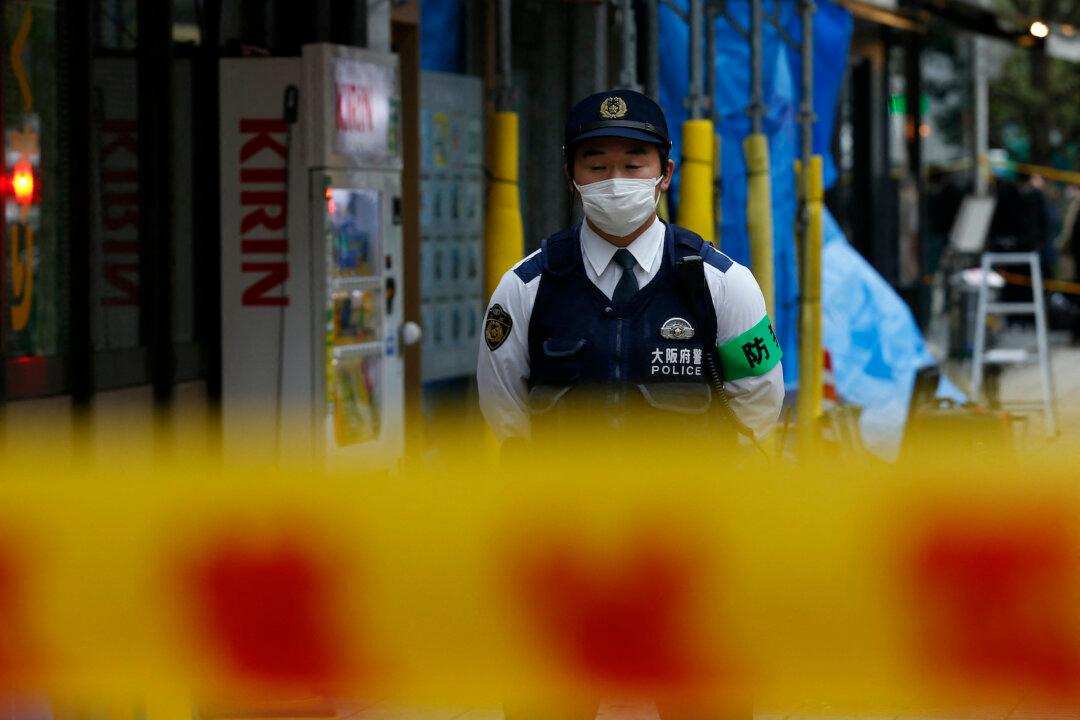According to a joint survey conducted by the Department of Pediatrics, Faculty of Medicine at the Chinese University of Hong Kong, and the Hong Kong Pediatric Foundation, released on June 23, 2022, the overweight and obesity rates of Hong Kong children have nearly doubled as the pandemic continues. With schools on stay-at-home orders due to coronavirus infections, children’s living habits have been disrupted significantly.
Pediatricians warn parents to correct their children’s living habits as soon as possible so their health won’t be negatively impacted.




